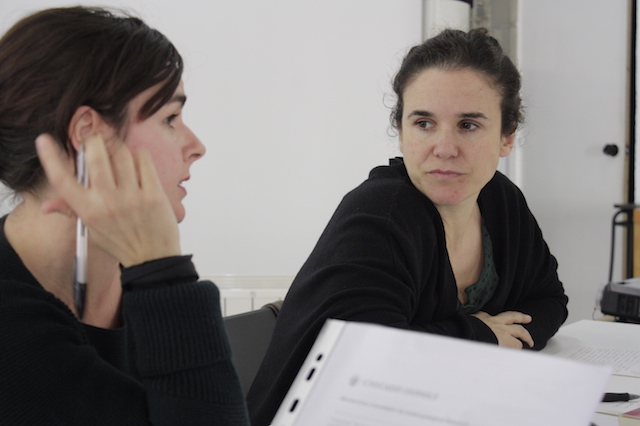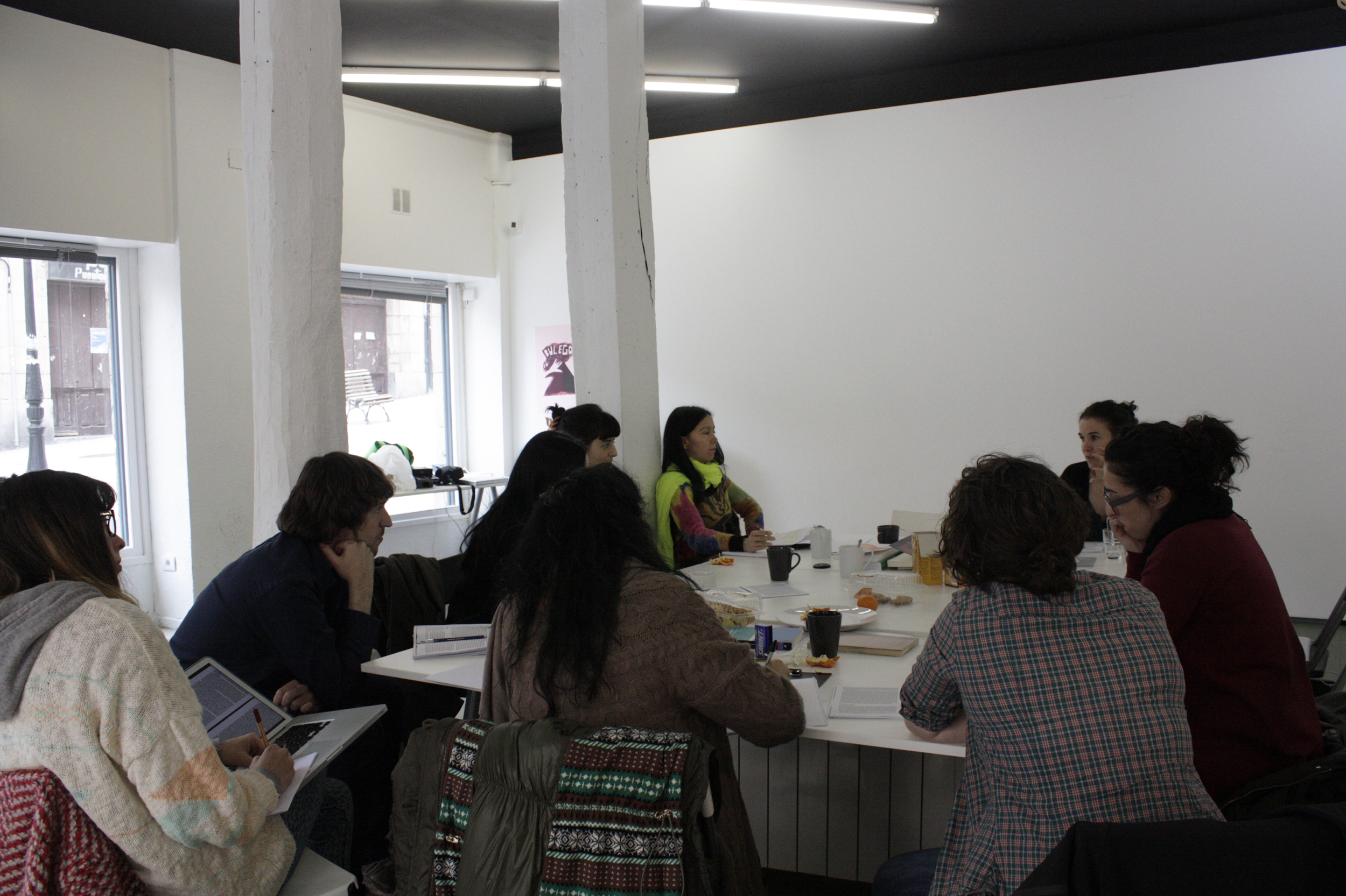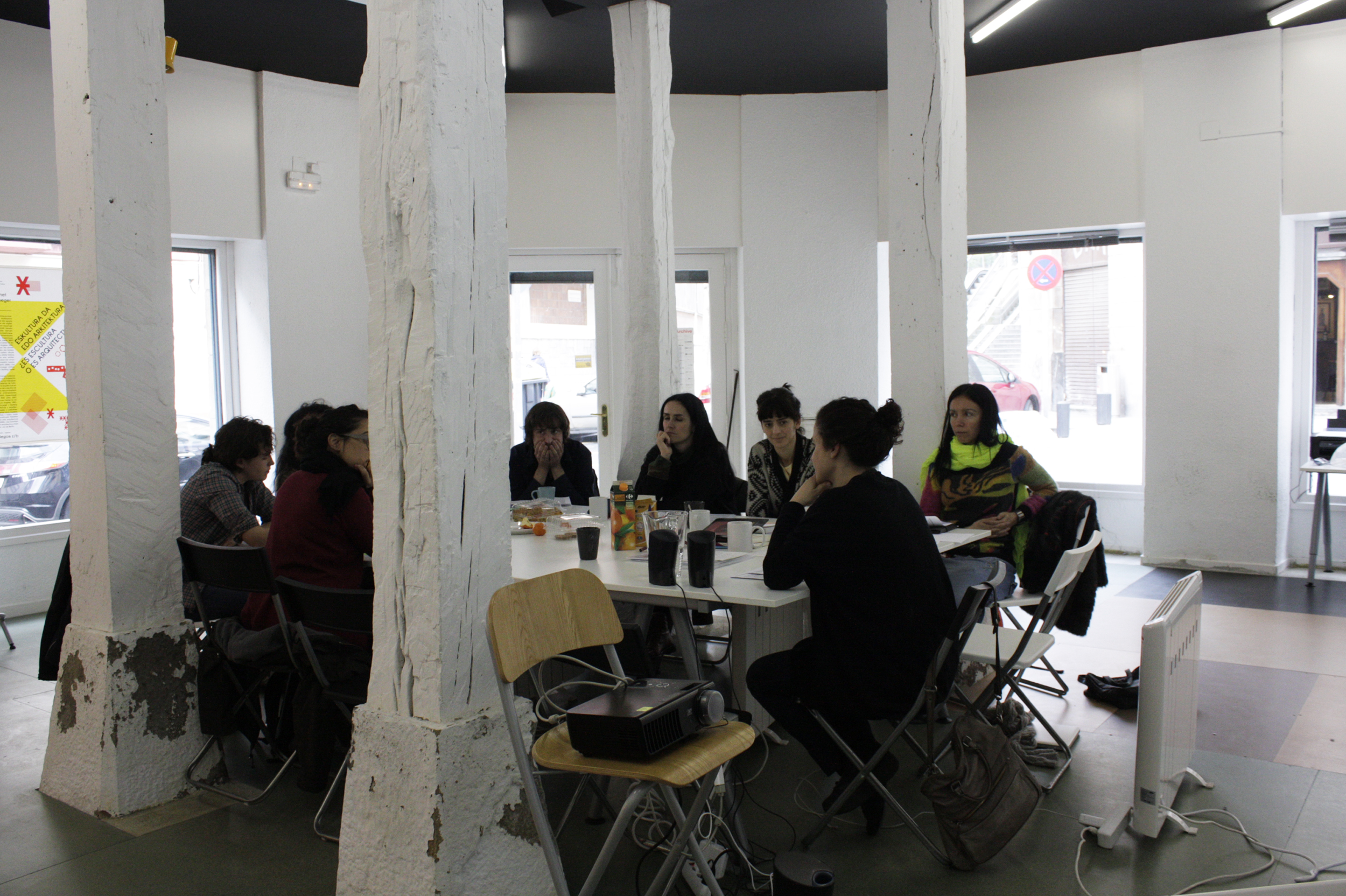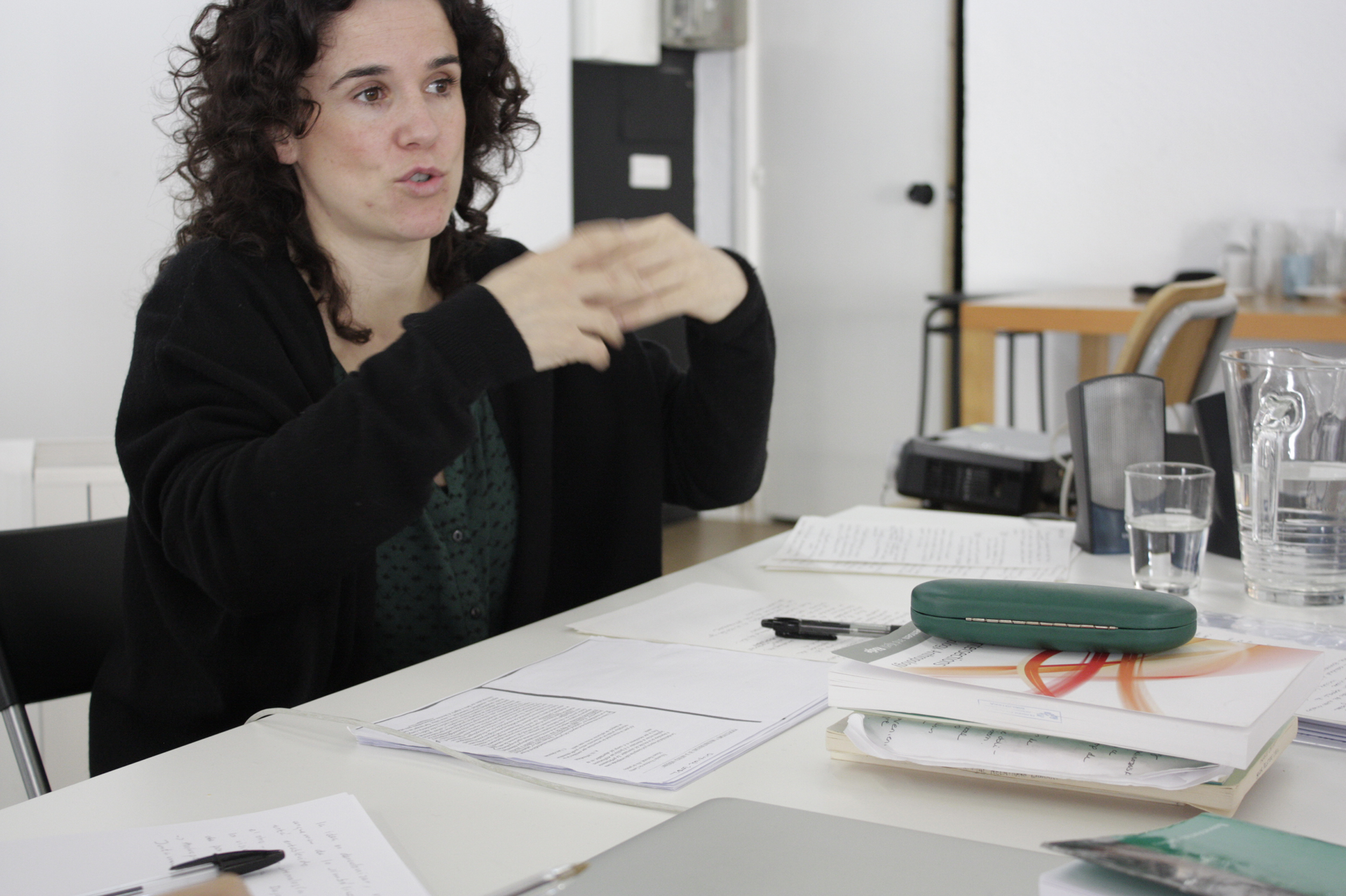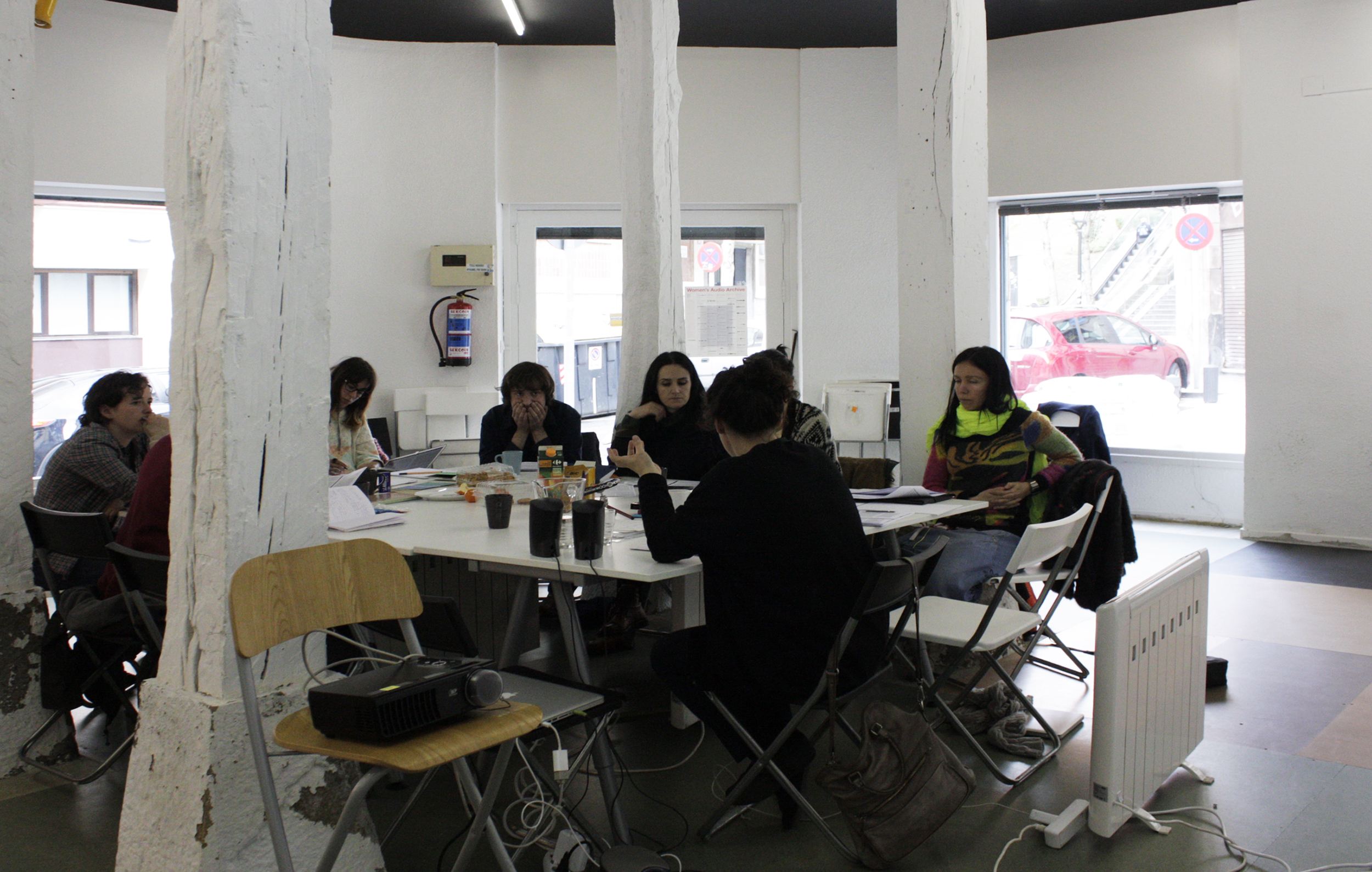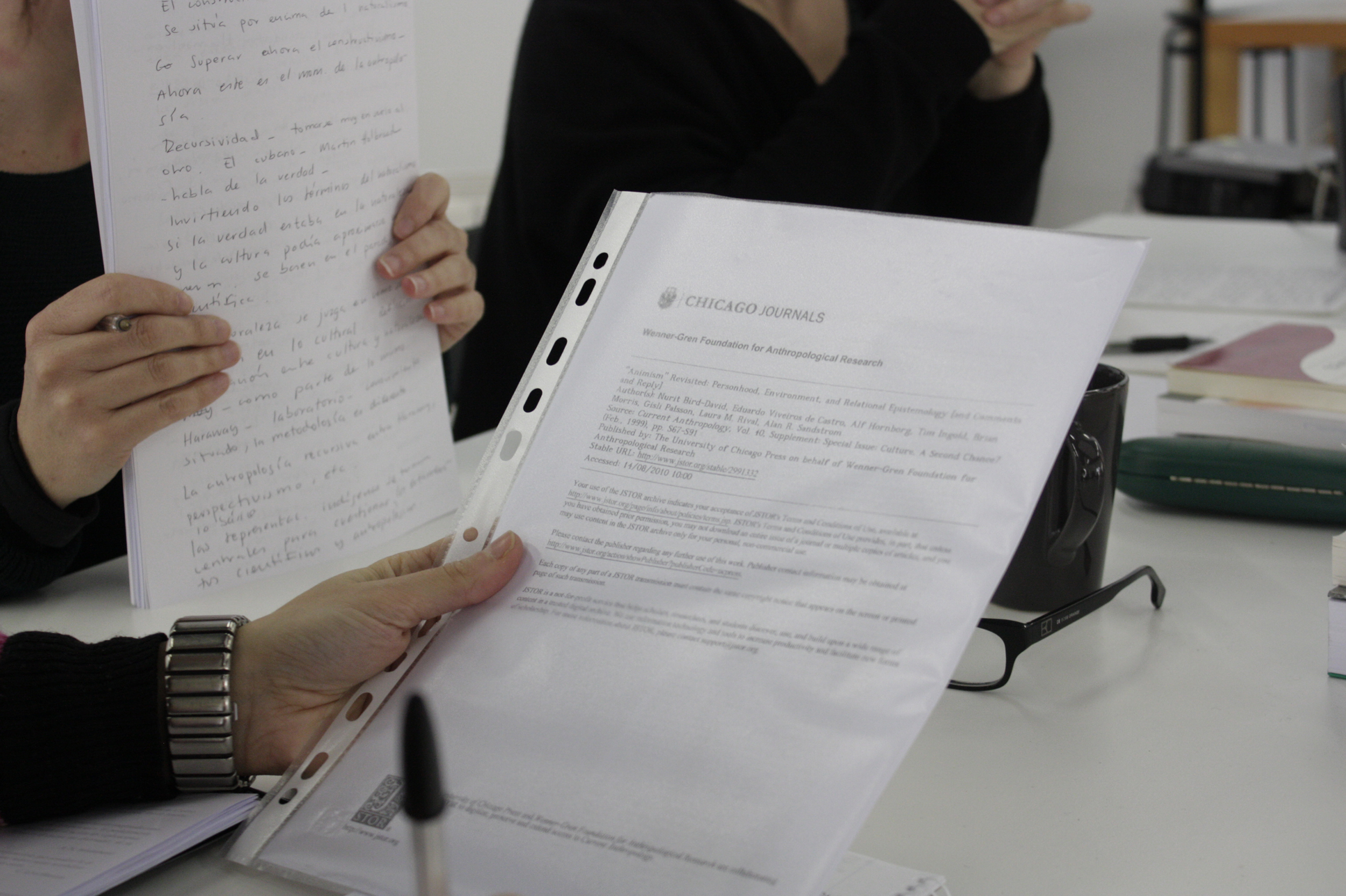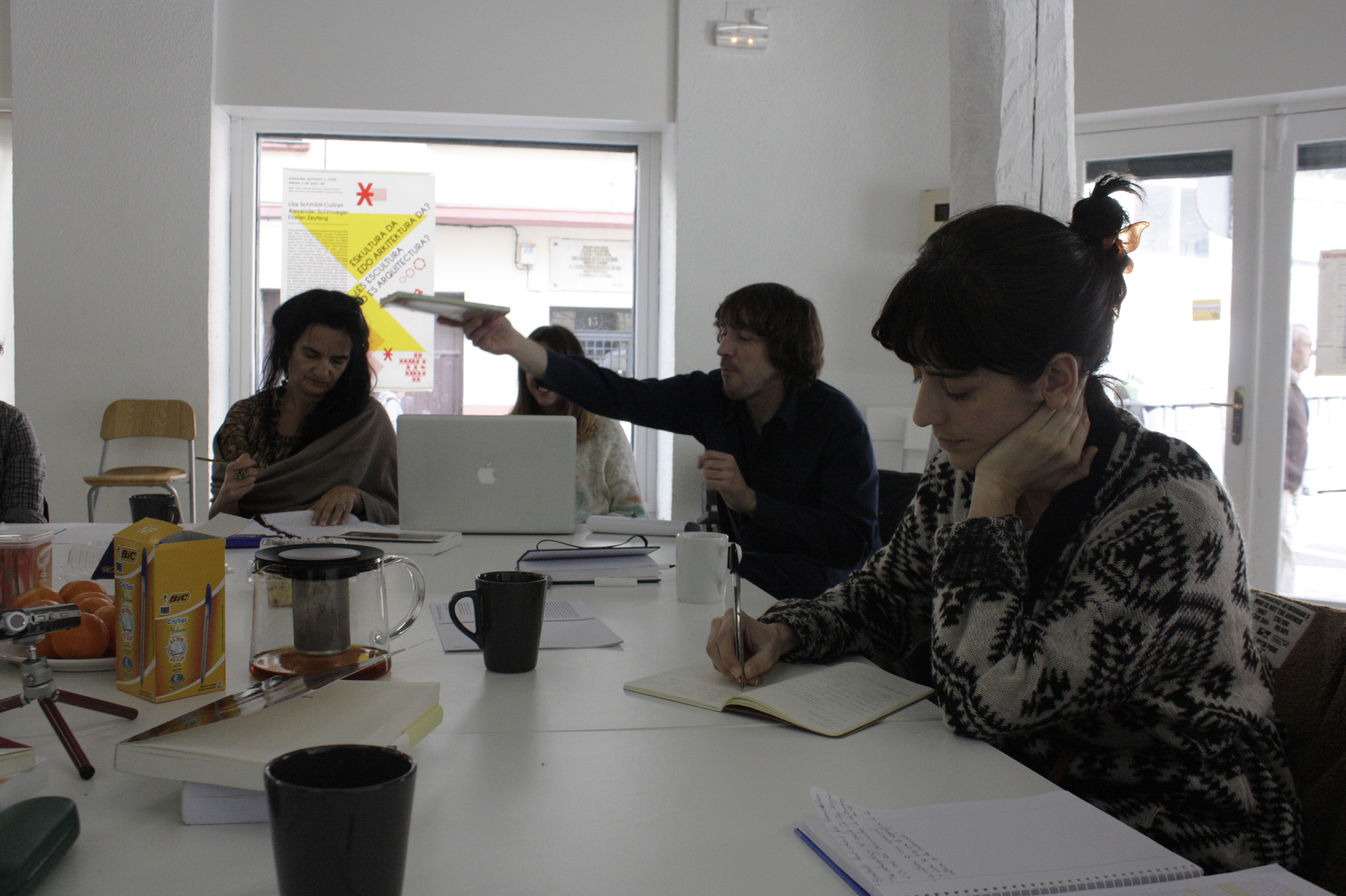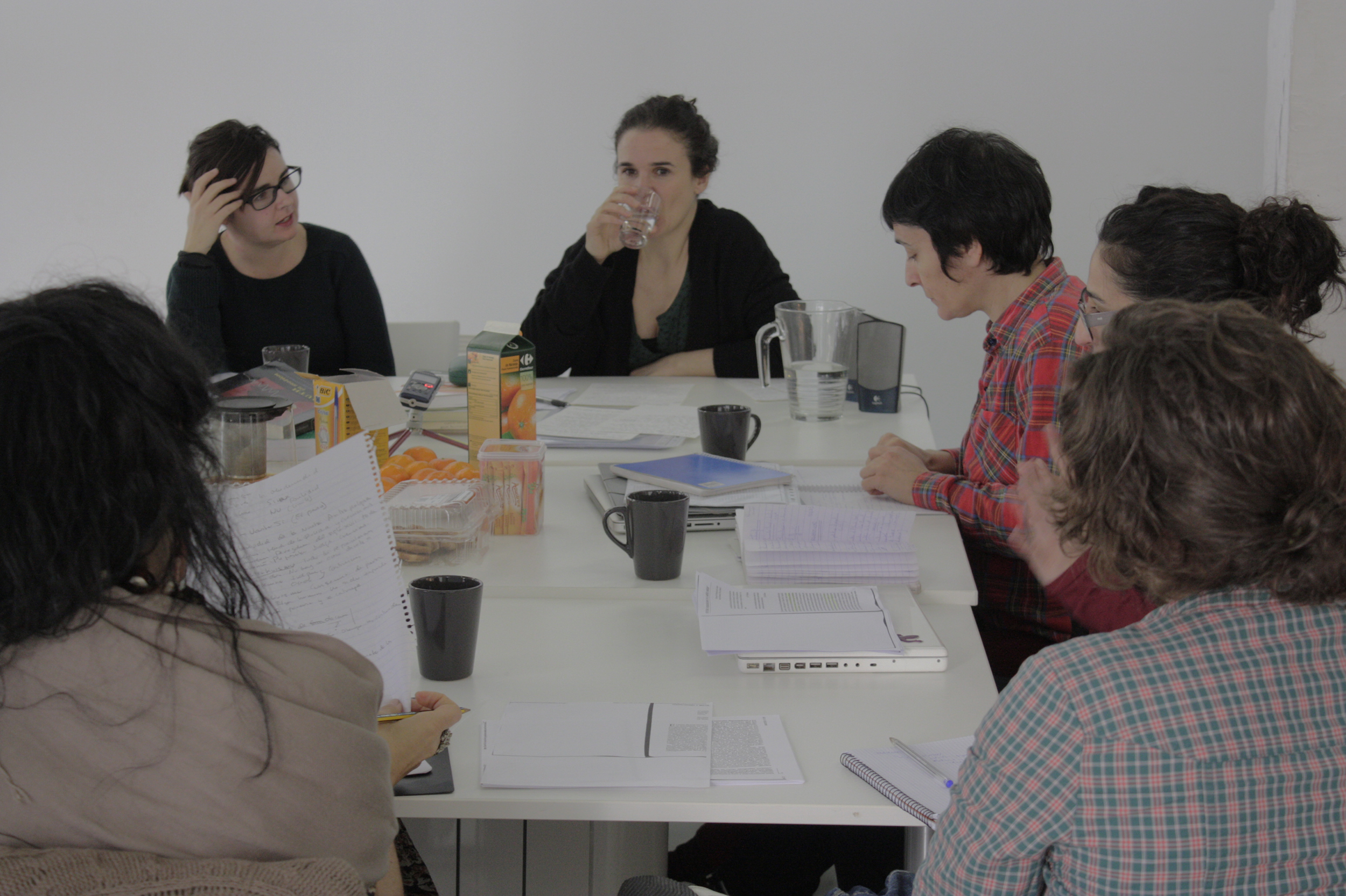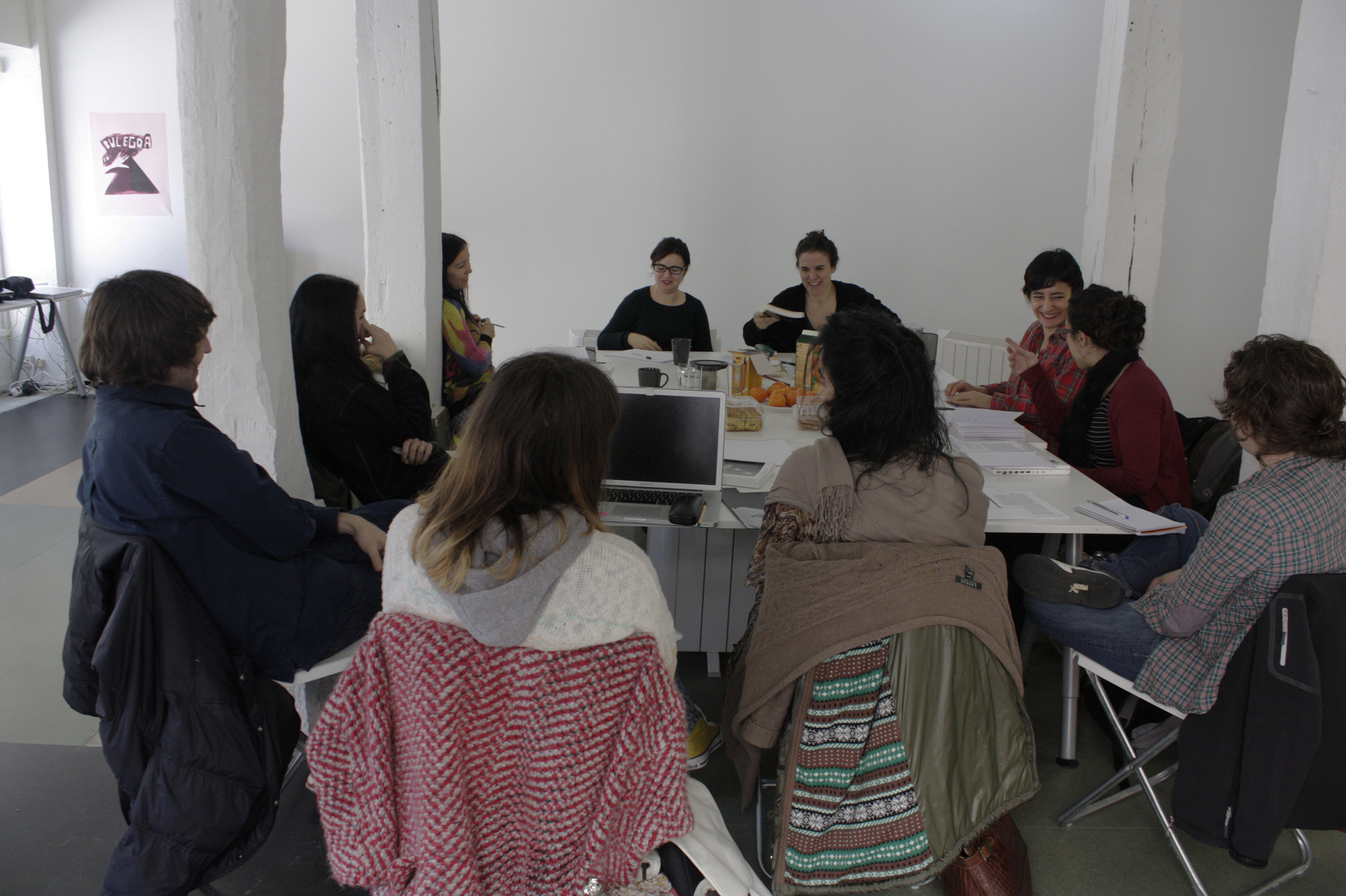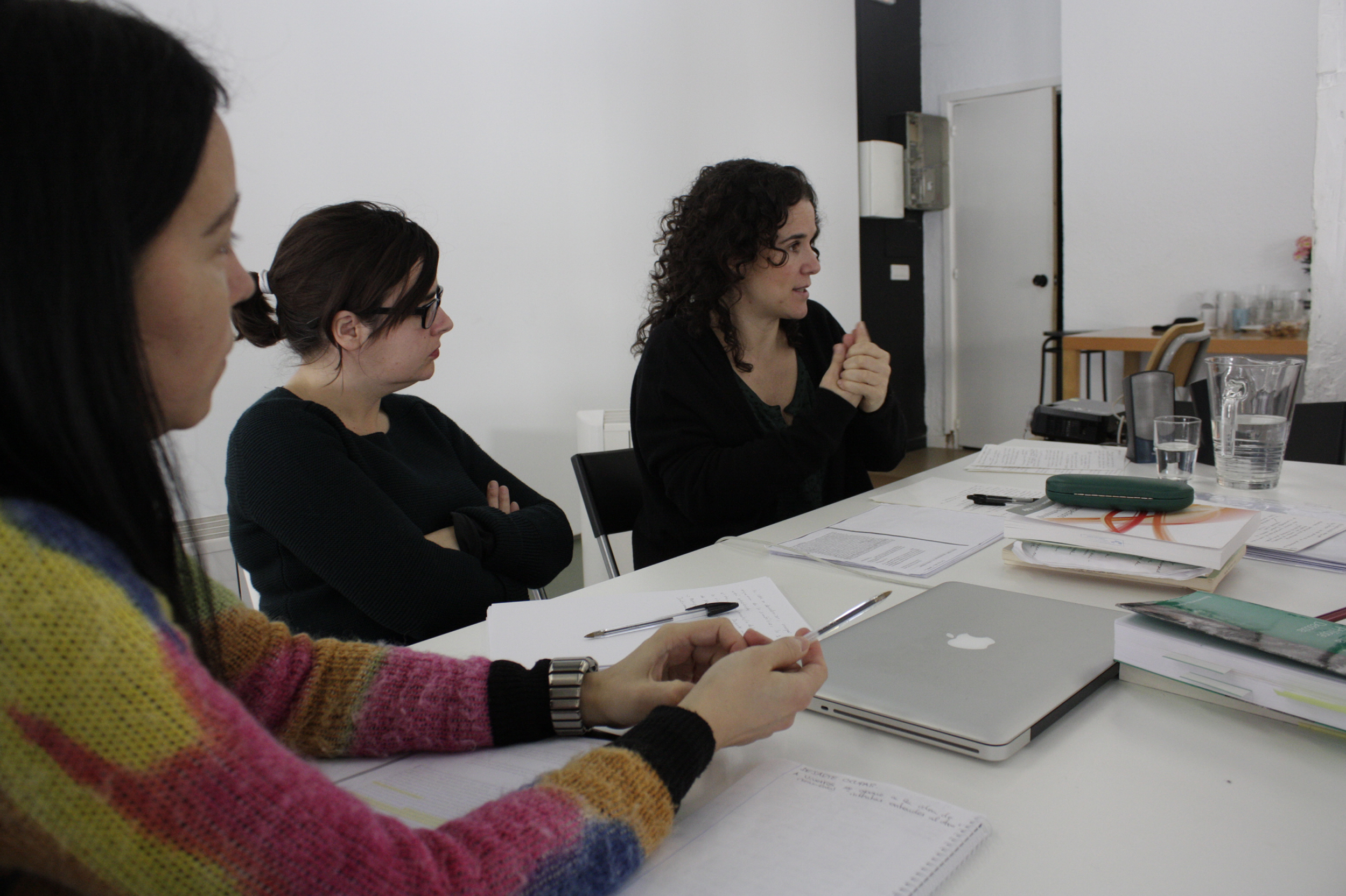BGE, Reading groups
Perspectivist readings group. Olatz González Abrisketa
by
Classical anthropology specifically aims to “understand the meaning of good and bad indigenous manners,” according to Bronislaw Malinowski in the introduction to Argonauts of the Western Pacific, considered the inaugural work of ethnography. Knowing how the natives of its world live and think was the project of an anthropology whose object of knowledge was fundamentally “the others”. This session on perspectivism, a term coined in 1992 by Eduardo Viveiros de Castro, aims to study an anthropology which no longer conceives “others” as an object, but as a method of knowledge. Approaching indigenous ontologies allows a renewal of knowledge in which the final aim is not to “understand” but to “decolonise thinking.” Far from the cultural incommensurability of relativism, the new anthropology recovers comparative methodology and the idea of generating strong theory around what is human, a concept we should perhaps stop circumscribing to homo sapiens. The session is intended as an introduction to the concepts, authors and cultures that come together in the new proposal, and will be carried out as a group analysis of the text “Perspectivism and Multinaturalism in Indigenous America” (Viveiros de Castro, 2004).
To take part in the reading session from 10.00 to 14.00 and be sent the selected bibliography, please write to bulegoa@bulegoa.org
Olatz González Abrisketa (Bilbao, 1973). Lecturer of Social Anthropology, UPV/EHU. In 2005 she published Pelota vasca: un ritual, una estética. Currently directing the documentary Pelota II with Jørgen Leth. She is also working on a documentarly project titled Animal, a piece from which was presented at the opening exhibition of AlhondigaBilbao in 2010, which is part of a long-term investigation on consciousness. Her main themes of research are rituals and beliefs, and visual anthropology; she develops the latter field with the group HAUtaldea.
